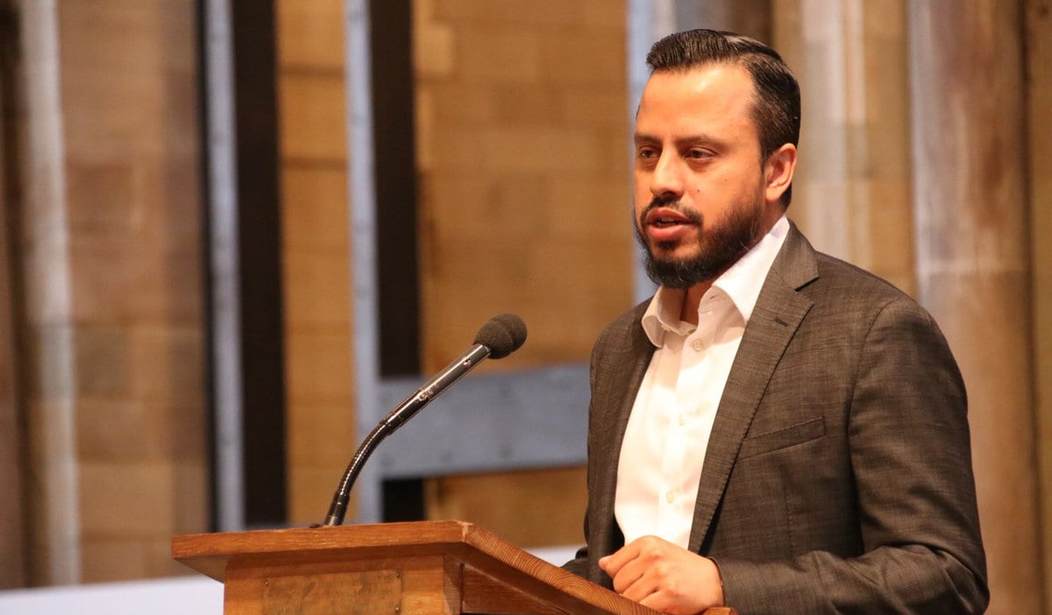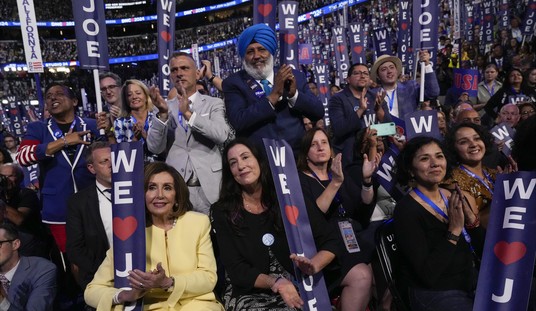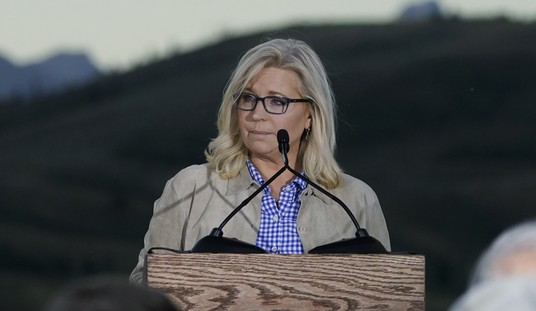London’s Southwark Cathedral hosted its second annual “Grand Iftar Service” on Sunday evening, marking the anniversary of the London Bridge terror attack last year. In addition to the 11 a.m. Eucharist service, the church also held a 3 p.m. Service of Commemoration for the attack, and an 8 p.m. service to celebrate the Muslim service.
The Iftar service stood out, however, as it marked the Muslim holy month of Ramadan. It has not yet been reported whether or not the prayers associated with Ramadan were performed inside the cathedral, which would be a serious violation of Christian holy space. Hosting a Ramadan event at a church, however, is bad enough.
“We stand united as communities, as Londoners, as people that want to celebrate our diversity,” Harun Khan, secretary general of the Muslim Council of Britain, said at the Iftar service.
“We stand united as communities, as Londoners, as people that want to celebrate our diversity.”
Harun Khan, Secretary General of @MuslimCouncil, speaking at The Grand Iftar at @Southwarkcathed #LondonUnited pic.twitter.com/dBRsTI4XkZ
— Southwark Diocese (@SouthwarkCofE) June 3, 2018
In a statement, the cathedral announced it would “host its second Grand Iftar which, this year, will also mark the anniversary of the London Bridge attacks and will bring all communities together to celebrate Ramadan, to promote resilience and to share the common values of hope, peace and unity and celebrate the diversity of those who live and work in the Bankside area [of London].”
On June 3, 2017, three terrorists inspired by and claimed by the Islamic State (ISIS) drove a van into pedestrians on London Bridge. When the van crashed, the terrorists ran to the nearby Borough Market area and began stabbing people in and around restaurants and bars. These terrorists killed eight people and injured 48 others, including four unarmed police officers.
The Diocese of Southwark, the church organization in control of the cathedral, announced that after the commemoration service, the bishop, Rt. Revd. Christopher Chessun, would bless an olive tree, “The Tree of Healing,” as a permanent memorial to those who died. The tree was planted “using compost made from flowers left on London Bridge after the attack.”
Tomorrow we will mark the first anniversary of the London Bridge Attacks. we will remember those who lost their lives & were affected, the heroism, the solidarity of the community & how love & unity has shone through that day & every day since. @Southwarkcathed @deansouthwark pic.twitter.com/vFEW0dJe5k
— Amir Eden (@AmirEden1993) June 2, 2018
It is very fitting for Southwark Cathedral, the church closest to London Bridge and in between London Bridge and Borough Market, to commemorate the attacks. The Iftar seemed less fitting, however.
Iftar is a prayer service and dinner to break the Ramadan fast. During Ramadan, Muslims who are able abstain from food and drink from sunrise until sunset. At sunset, fasting Muslims eat dates to break the fast and then perform one of their five daily prayers to Allah. Immediately after the prayers, they partake in a feast.
Interfaith Iftars frequently begin with a time of community greeting between non-Muslims and leaders of a mosque or Islamic center. Then the Muslims arrive to pray — during which visitors can either join in the prayers or stand in the back — and then the entire group joins in a meal.
The Islamic prayers address Allah and feature three basic poses — standing, kneeling, and full bowing with one’s face to the floor.
While Christians can — and arguably should — join Muslims to celebrate Iftar at mosques, to learn about Islam and to show solidarity to Muslims in an effort to make friends and perhaps even reach them with the gospel, it is arguably dangerous for a church to host such an event. Because the feasting is meant to follow the prayer nearly immediately, it seems difficult to host an Iftar at a cathedral without also hosting prayer.
Reports about the Southwark Cathedral Iftar — like reports about the event last year — did not mention whether or not Islamic prayers took place in the Christian cathedral.
Even if the prayers did not take place in the cathedral, a Christian church should restrain from celebrating a Muslim holiday like Ramadan. Partnering with local mosques to celebrate the holiday in a neutral location may be a wise way to make friendships without seeming to endorse Islam.
This seems particularly dangerous, given the Islamist ideology behind the London Bridge attacks. The Muslims who celebrated Iftar at Southwark Cathedral may vehemently deny the radical ideology behind this terrorism, but ISIS also claims Islamic inspiration.
The Southwark diocese clearly intended this event to celebrate unity between Christians and Muslims in mourning the victims of the London Bridge attacks, and that solidarity should be celebrated. Muslims who condemn ISIS and Islamism deserve support.
Hosting an Iftar at an historic Christian cathedral goes too far, however. Iftar is still a service of prayer to Allah. While Allah may be a monotheistic god like the Christian God, the two are fundamentally different. Christians believe God is relational — a Trinity of Father, Son, and Holy Spirit — while Muslims believe Allah is one — Allah has no son, and is fundamentally removed from humans. Ignoring or papering over these differences does no favors for either Christians or Muslims.
Interfaith cooperation is a good thing, as is solidarity after such attacks. Even so, churches should be wary of endorsing a Muslim holiday in a church building.









Join the conversation as a VIP Member